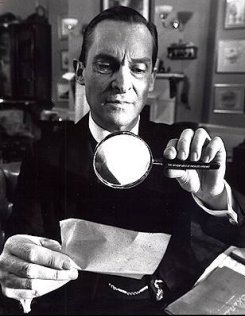Recently a booklet made its way back to me: Poems for a Favorite Friend. It’s a collection of pieces that I wrote during my eighth grade year and gathered as a gift for my seventh grade teacher, Mrs. Woodford.
Mrs. Woodford saved my gift for forty years. It was returned to me after her death. I’m touched that she kept it so long, but maybe I am making too much of this. Teachers are notorious packrats and, on close inspection, it seems the construction paper cover has never been folded open as one might do to read the contents.
In any case, the collection offers a look into my early writing self. Like my poem
SNOWFLAKES, which includes these deathless lines:
People murdering, kids a’flirtering
And snowflakes still fall.
Were I Mrs. Woodford, I would have laughed out loud. Such a serious subject matter for a kid — plus she was death on what she called “desperation rhymes,” a term she may have coined with me in mind. But what I knew from her was nothing but respect and admiration.
Which I could have returned wholeheartedly except for her habit of tucking her Kleenex into her bra.
Mrs. Woodford created that necessary safety zone where writing – no matter how ridiculous – flourished. But she didn’t stop there. She loved to travel and her enthusiasm spilled over as we studied ancient civilizations. We chalked huge murals of the Seven Wonders of the Ancient World. We memorized short pieces of poetry, which we recited together after the Pledge of Allegiance and a patriotic song every morning.
We learned poems by heart that have nourished me ever since. To this day I cannot walk into the woods without intoning: This is the forest primeval, the murmuring pines and the hemlocks bearded with moss and in garments green stand like druids of eld, (from Longfellow’s Evangeline); or, in times of trouble, I find myself whispering these words from Hamlet: This above all to thine own self be true, and it must follow as the night the day, thou canst not then be false to any man.
I was sitting in Mrs. Woodford’s class, watching the even loops of her handwriting slant their way across the blackboard, when we found out President Kennedy had been shot. The news came over the loudspeaker from the principal’s office. We looked to Mrs. Woodford for how to respond, how to make sense of this event. I remember that tears shone in her eyes (which would undoubtedly lead her to reach into her bra for a Kleenex). She asked us to observe a minute of silence in face of this enormous tragedy. Then we sang God Bless America. The comfort of the right music at the right time. She taught us that, too.
I suppose it should be noted that Mrs. Woodford was not perfect. She overlooked it when John Klaverweiden sprayed air freshener to disperse the cooties every time Susan Edwards walked past his desk. She made Eddie Filiberti cry in front of the class when she felt he was too braggy about a good grade.
But maybe that’s partly why I remember her so well. She was a living, breathing, fallible human being, warts and all – in fact she did have a rather large warty/mole on her left cheek – but for some reason, I knew she was on my side. She believed in me in a way that helped me believe in myself and, as it turned out, most importantly, my writing.
Research suggests that it only takes one encouraging teacher to make a writer. So I am wondering. What writing teacher made a difference for you?
– Laura Kvasnosky







